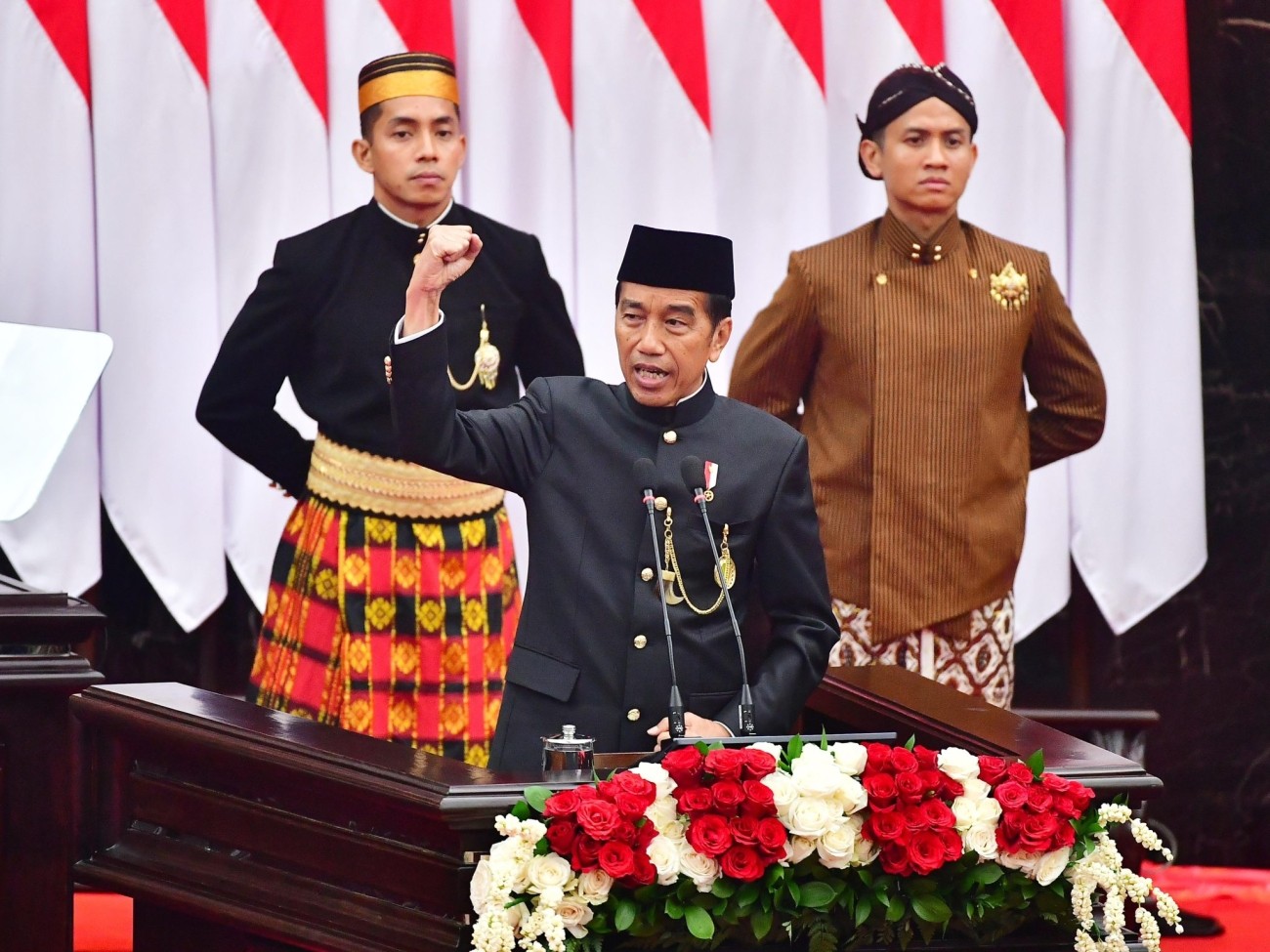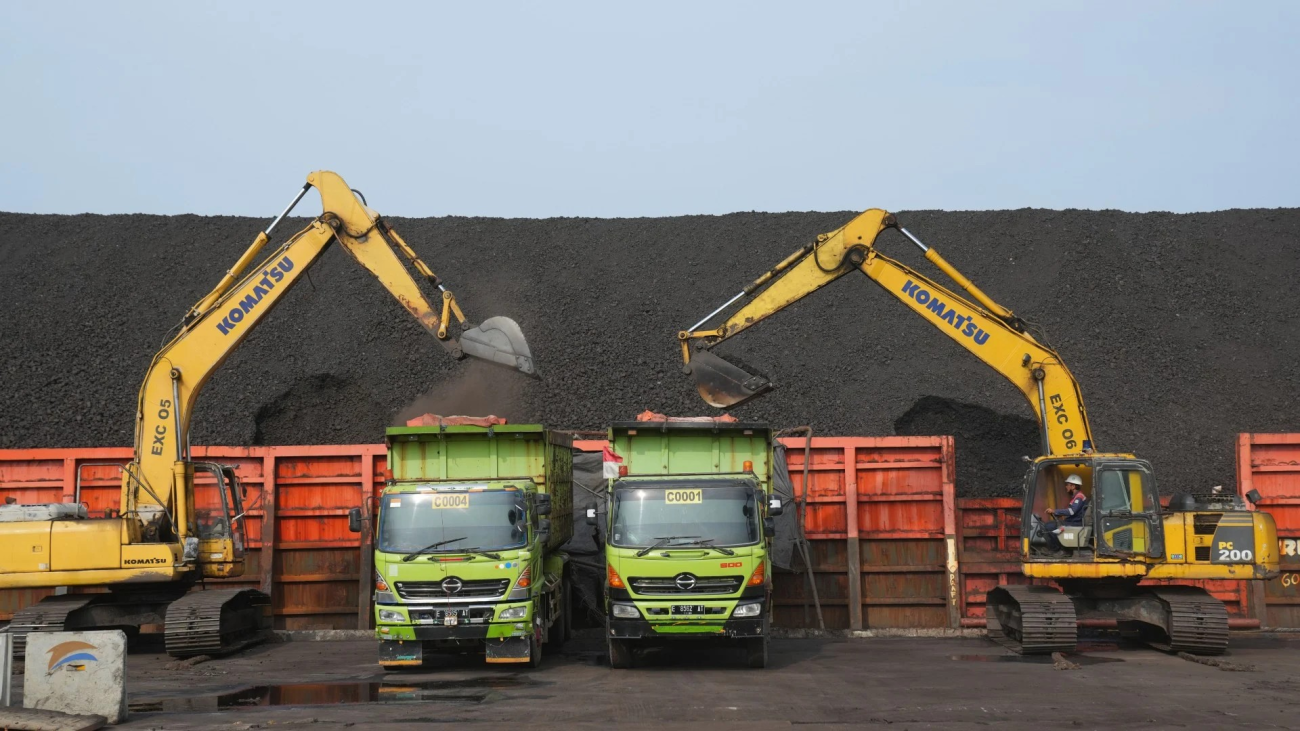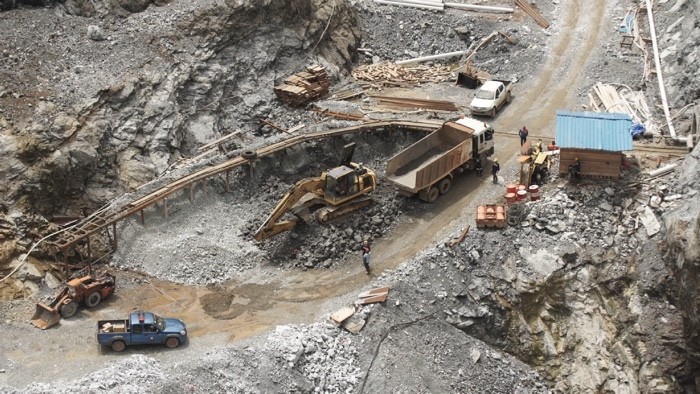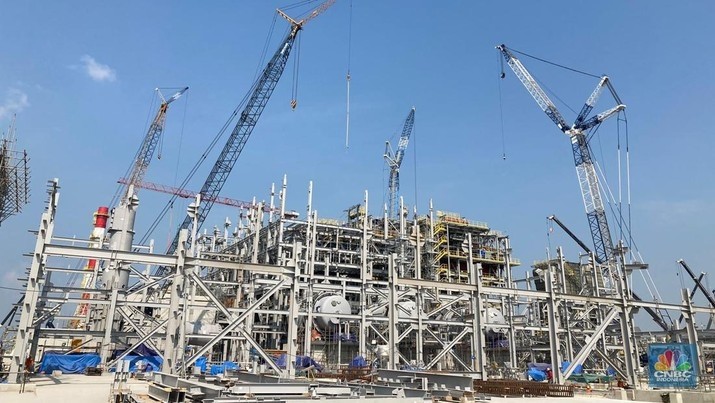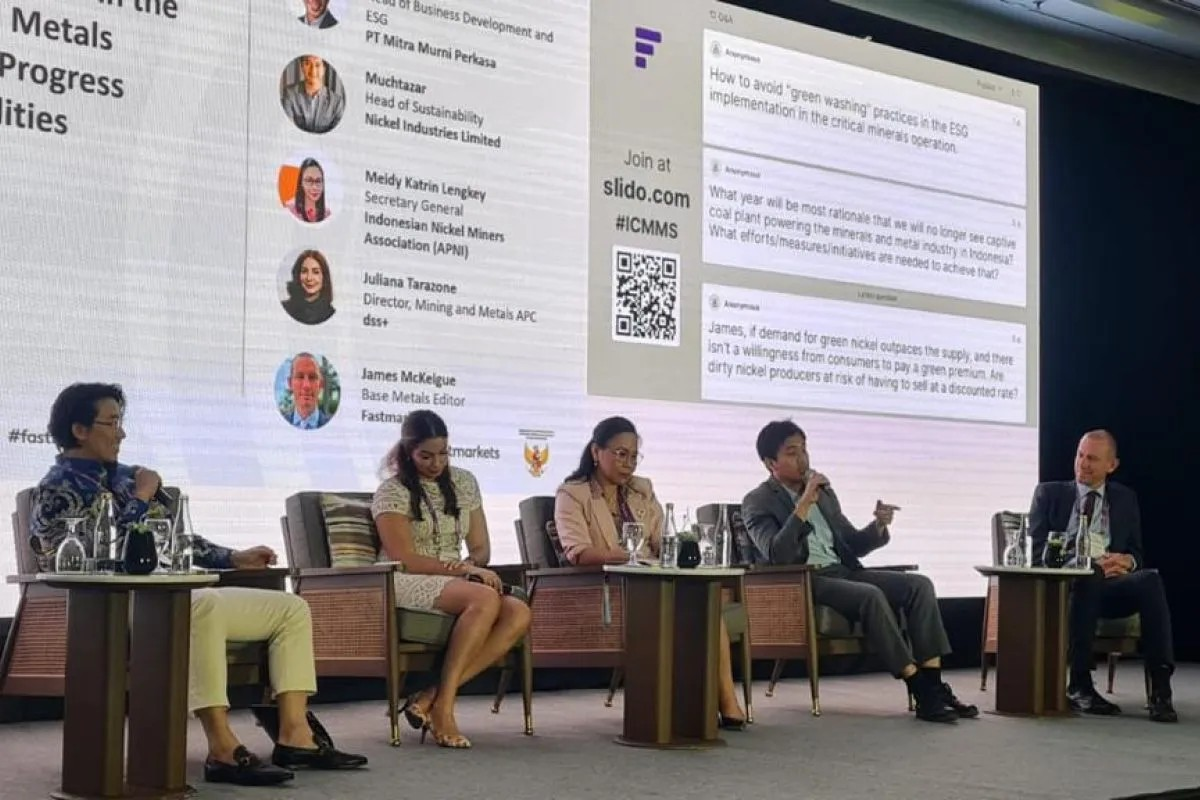The Government remains committed to continuing the industrial downstreaming program to increase productivity and added value, President Joko “Jokowi” Widodo has said.
The President made the statement in his State of the Nation address on Friday (08/16) at the 2024 Annual Session of the People’s Consultative Assembly and the Joint Session of the House of Representatives and House of Regional Representatives at Nusantara Building, Parliamentary Complex, in Jakarta.
President Jokowi pointed out that the program began with the export ban of raw materials, including nickel, bauxite, and copper.
“Alhamdulillah, as of now, we have built smelters and processing industries for nickel bauxite and copper with more than 200,000 jobs created and boosting state revenue by more than Rp158 trillion for the past 8 years,” he said, underscoring that the Government will carry on executing the domestic downstreaming program despite obstacles from many countries.
“Although many countries sue us, oppose us, and even attempt to thwart us, we as a sovereign nation, as a great nation, remain steadfast and even continue to march forward,” he said.
The President expressed hope that with the downstreaming program, Indonesia’s natural resources can benefit the people.
“We want the resources in this country, which are endowed by Allah Subhanahu Wa Ta’ala for this country, to be managed to the greatest benefits for the people, to be leveraged fully for the wellbeing of the people,” he said, adding that the Government has successfully reclaimed state assets that had been managed by foreign entities.
“We have reclaimed our assets that for decades have been managed by foreign entities, that for decades have been exploited by foreign entities, such as Freeport, the Rokan Block, and Newmont. Alhamdulillah, we managed to reassume control of those assets,” he said.
Furthermore, the President stressed that the Government has begun the economic transition to a green economy, as have other countries while pointing out that Indonesia has great potential in that sector, which is estimated to generate 3,600 Gigawatts from hydropower, wind power, solar power, geothermal energy, tidal power, and bioenergy.
“We remain consistent in taking part in the global effort of energy transition in a careful and gradual manner. The energy transition that we aim to realize is a just energy transition that is affordable and accessible to the people,” he remarked.
